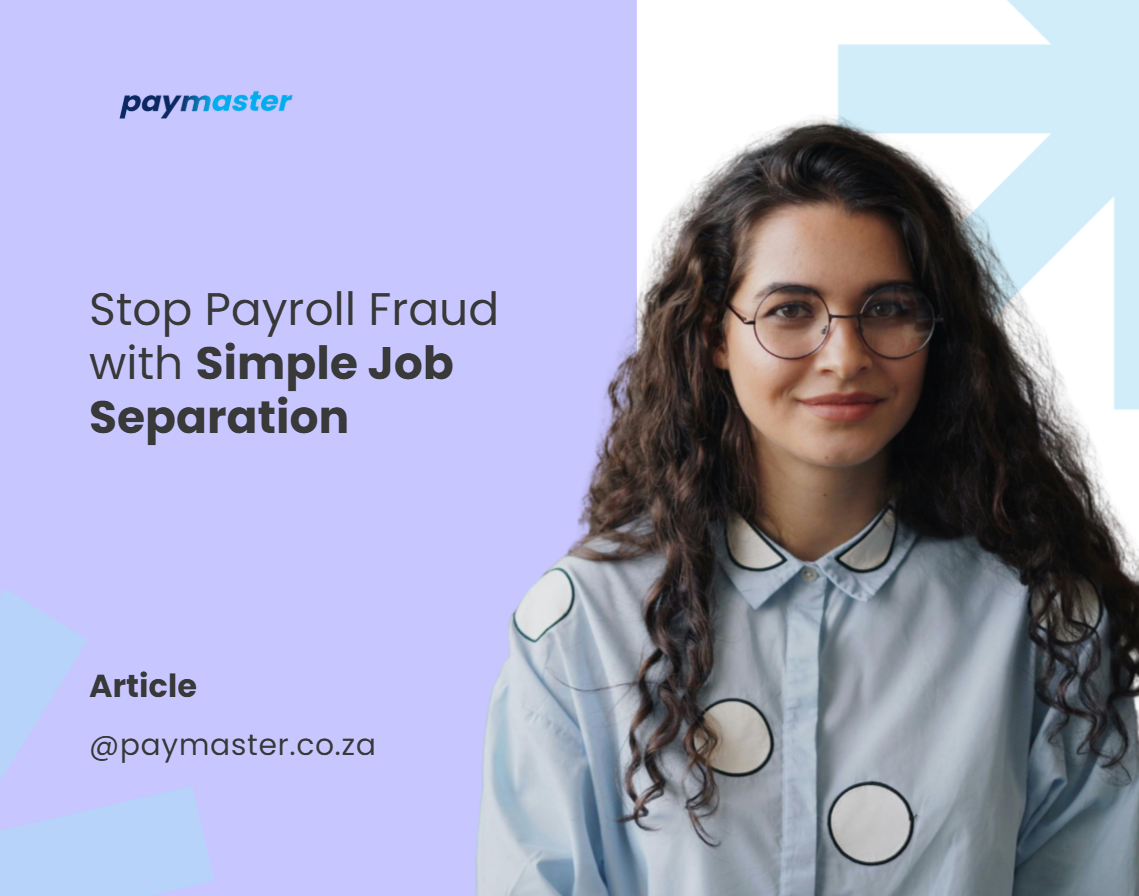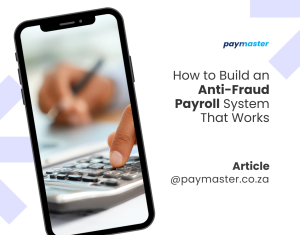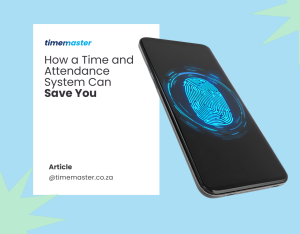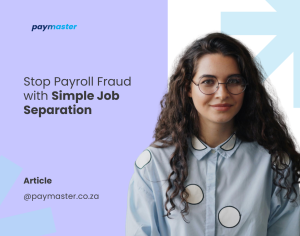When it comes to paying workers, it’s very important that not just one person does all the work. If one person does everything, it’s too easy for mistakes or cheating to happen. For example, someone could secretly pay themselves extra money or add fake workers to the list.
That’s why we use something called segregation of duties. This means we split the payroll jobs between different people. One person does one part, and another person checks it. Because of this, it’s much harder for bad things to happen, and problems are found quickly.
So, when people share the work, everyone helps keep things fair and honest.
Roles That Must Stay Separate
To keep things safe, some jobs in payroll must always be done by different people. For example:
- Entering information: One person types in the worker’s hours or pay.
- Approving payments: Another person checks and says it’s okay to pay.
- Sending money: A third person actually makes the payment.
- Checking the records: Someone else makes sure the numbers all match.
By keeping these jobs separate, everyone helps double-check the work. Also, each person knows what their job is, so things stay clear and easy to follow.
Even small businesses can do this. For example, if you only have two people, one can enter the numbers and the other can approve them. That’s already much safer than letting one person do everything.

Tools and System Features to Help
Today’s payroll systems make this even easier. Many computer programs already have built-in tools to keep things safe. For example, these systems can:
- Let each worker see only what they need to see.
- Keep a record of who changes what.
- Send alerts if something strange happens.
- Ask for more than one person to approve payments.
Also, using secure passwords and phone codes (called two-step logins) helps keep everything extra safe. Because of these tools, no one person can do it all alone — and that’s a good thing.
Regular Checks and Reviews
Even with all these tools, you still need to check your payroll often. Systems only work when people use them the right way. So, make time to go through reports, payments, and bank details.
Managers should look for things that seem odd, like big pay jumps or names that look the same. Also, doing small audits from time to time keeps everyone honest.
Finally, make sure workers feel safe to speak up if something doesn’t look right. A small warning can stop a big problem later.
In the end, splitting up payroll jobs is one of the easiest ways to stop fraud before it starts. When everyone shares the work, uses smart tools, and checks often, your payroll stays fair, safe, and correct.
Teamwork really is your best defense.





